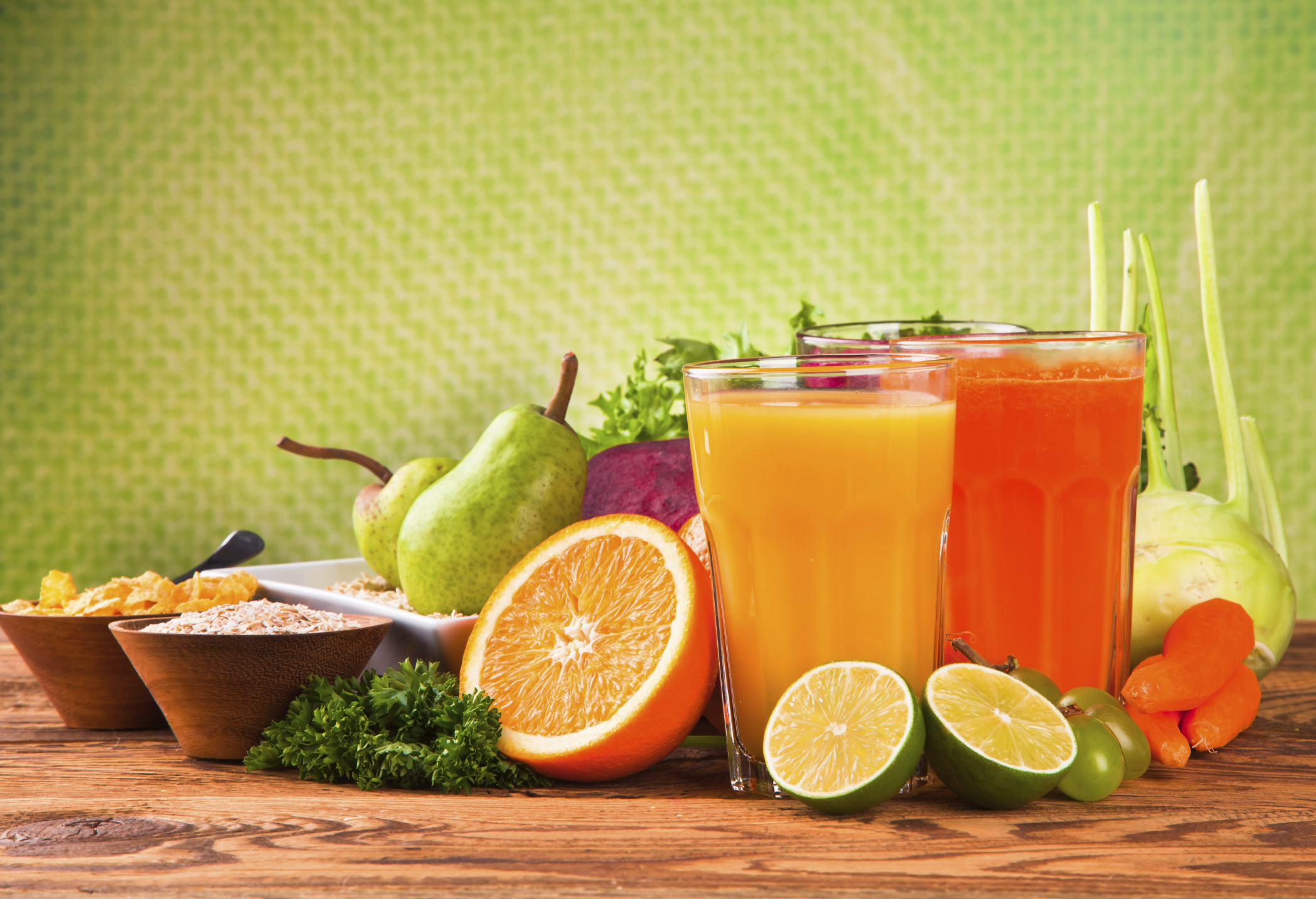
Organic. Just the mere word evokes images of earthy, wholesome food grown by earthy, wholesome people wearing hemp shirts and Birkenstocks. But, today, organic is big business. And even though organic food is generally more expensive, people are still forking over the bucks for it. But, is organic food really worth it? Check out this insight from Sears Imported Autos:
What does organic mean?
USDA defines organic as food that is “produced by farmers who emphasize the use of renewable resources and the conservation of soil and water to enhance environmental quality for future generations. Organic meat, poultry, eggs, and dairy products come from animals that are given no antibiotics or growth hormones. Organic food is produced without using most conventional pesticides; fertilizers made with synthetic ingredients or sewage sludge; bioengineering; or ionizing radiation.”
The USDA inspects farms and certifies producers of organic food to ensure they meet their standards. But, while these labeling standards sound good, they're not any guarantee or endorsement of organic food as healthier than conventionally grown food.
Is organic really better?
Organic sounds better, but is it actually better for you? Most experts agree that the nutritional content is the same. But doesn't the lack of pesticides make them safer to eat? That depends on who you ask. There's no real hard evidence that the pesticides in non-organic food exist in high enough concentrations to do any harm.
Organic food might even look a little less attractive, have a few more spots and, sadly, spoil faster. And, organic doesn't always mean locally produced either. It simply means that the product meets the USDA standards for organic labeling.
Also, don't be fooled into thinking eating an organic potato chip is somehow a wholesome and nutritious choice. A potato chip is still a potato chip and that cheese doodle is still a cheese doodle.
On the other hand
Pesticides even in small amounts can affect small children and unborn babies. Some conventionally grown foods have been found to have as many as 64 different chemicals on them. And, the chemicals certainly aren't good for the farm workers.
While the jury may still be out on the benefits of organics as far as pesticides go, there is some evidence that the use of growth hormones and antibiotics in farm animals can be potentially harmful to humans. Antibiotics used for animals, including dairy cows, beef steers and poultry often remain in the animals’ tissue and end up being ingested by us when we eat the meat or drink the milk. This over-consumption of antibiotics causes antibiotic resistant strains to flourish as the system develops an immunity to the antibiotic, rendering it ineffective.
Now, when it comes to the environmental impact, most agree that organic farming is definitely more earth-friendly. It reduces pollution in the groundwater. It also helps conserve water and soil by reducing erosion to help create more sustainable crops.
In the final analysis, there are benefits to buying organic foods, but how much they're worth is a personal choice.
The dirty dozen
The wisest option is to be selective in your organic buying. The Environmental Working Group (EGW), an environmental non-profit group, has published a list of the 12 foods that are most likely to have pesticide residue. If you're going to go organic, go with these.
- Celery
- Peaches
- Strawberries
- Apples
- Blueberries
- Nectarines
- Bell Peppers
- Spinach
- Kale
- Cherries
- Potatoes
- Grapes (Imported)
Organic food isn't a necessity, yet, but it is statement. When you buy organic, you're supporting farmers that are working to protect the environment and create a system that relies on renewable resources. How much that's worth, is up to you.

